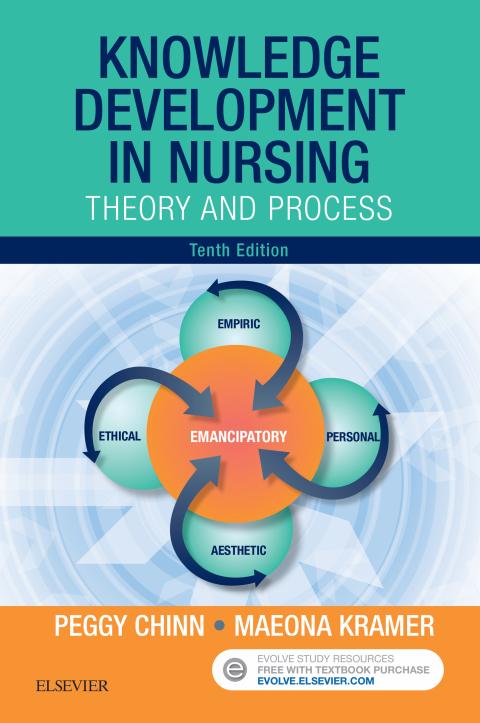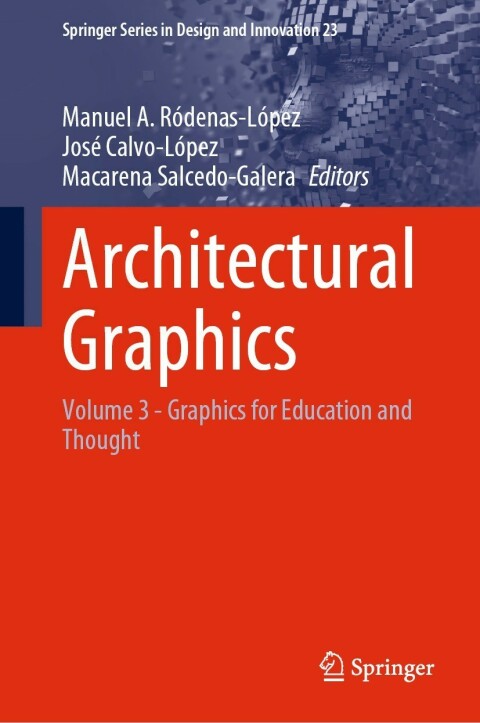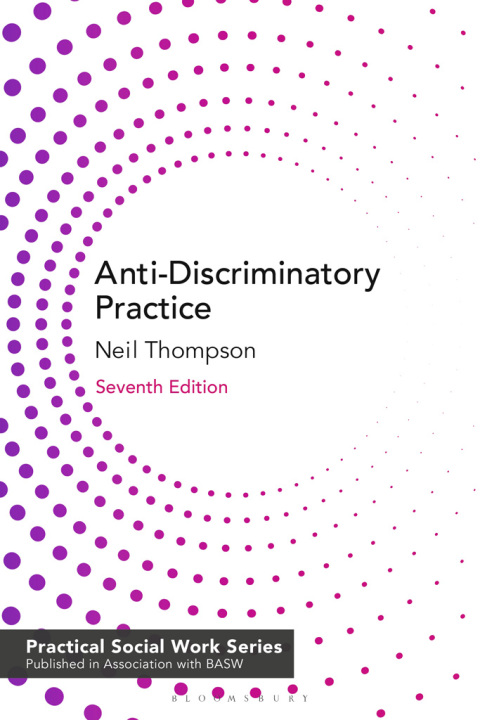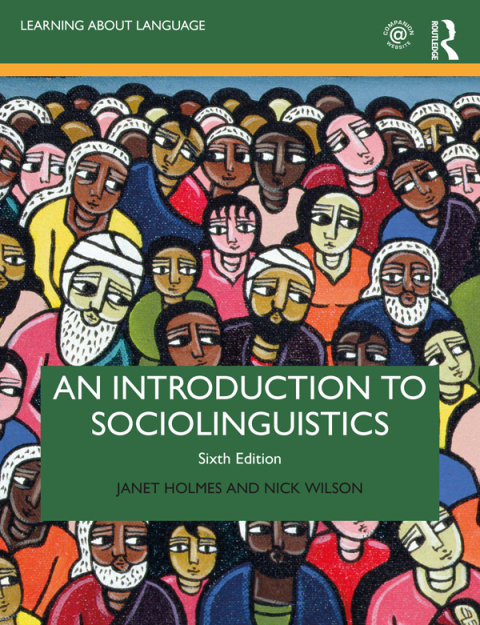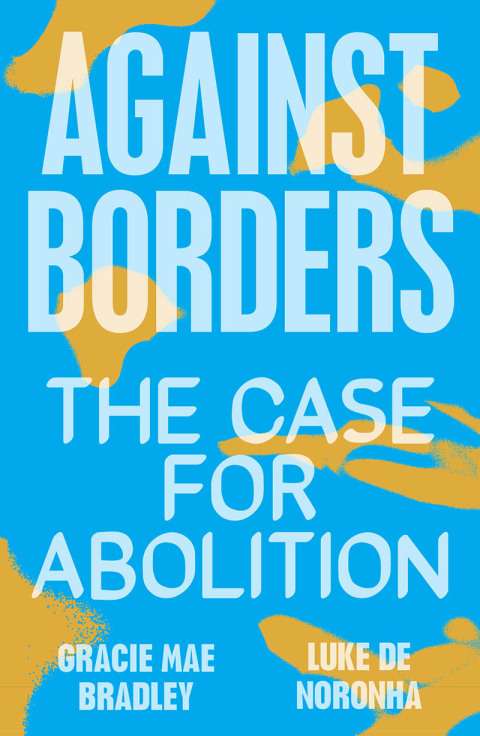Description
Efnisyfirlit
- Cover image
- Title page
- Table of Contents
- Model for Knowing and Knowledge Development
- Copyright
- Preface
- Reviewers
- Chapter 1. Nursing’s Fundamental Patterns of Knowing
- Knowledge for a Practice Discipline
- Knowing and Knowledge
- Overview of Nursing’s Patterns of Knowing
- Processes for Developing Nursing Knowledge
- Why Develop Nursing’s Patterns of Knowing?
- Conclusion
- Chapter 2. The History of Knowledge Development in Nursing
- From Antiquity to Nightingale
- Nightingale’s Legacy
- From Nightingale to Science
- Persistence of Nursing Ideals
- Knowing Patterns in the Early Literature
- The Emergence of Nursing as a Science
- Early Trends in the Development of Nursing Science
- Metalanguage of Nursing Conceptual Frameworks
- Development of Middle-Range Practice-Linked Theory
- Trends in Knowledge Development
- Clinical Application and Production of Knowledge
- Contexts of Knowledge Development
- Conclusion
- Chapter 3. Emancipatory Knowledge Development
- The Concept of Emancipatory Knowing
- The Rebirth of Emancipatory Knowing in Nursing
- Nursing Literature Related to Emancipatory Knowing
- The Dimensions of Emancipatory Knowing
- Critical Questions: Who Benefits? What Is Wrong With This Picture?
- Creative Processes: Critiquing and Imagining
- Integrating Creative Processes and the Fundamental Patterns of Knowing
- Formal Expressions of Emancipatory Knowing: Action Plans, Manifestoes, Critical Analyses, and Visions for the Future
- Conclusion
- Chapter 4. Ethical Knowledge Development
- Ethics, Morality, and Nursing
- Overview of Ethical Perspectives
- Nursing’s Focus on Ethics and Morality
- Dimensions of Ethical Knowledge Development
- Critical Questions: Is This Right? Is This Responsible?
- Creative Processes: Clarifying Values and Exploring Alternatives
- Formal Expressions of Ethical Knowing: Principles and Codes
- Conclusion
- Chapter 5. Personal Knowledge Development
- Personal Knowing in Nursing
- Conceptual Meanings of Personal Knowing
- Personal Knowing as Spiritual in Nature
- Personal Knowing as Self-in-Relation
- Personal Knowing as Discovery of the Self and the Other
- Personal Knowing as Unknowing
- Summary: Common Meanings for Personal Knowing
- Dimensions of Personal Knowing
- Critical Questions: Do I Know What I Do? Do I Do What I Know?
- Creative Processes: Opening and Centering
- Opening and Centering Practices: Journaling and Meditation
- Formal Expressions of Personal Knowing: Personal Stories and the Genuine Self
- Conclusion
- Chapter 6. Aesthetic Knowledge Development
- Art and Aesthetics
- The Nature of Aesthetics
- The Nature of Art
- Art and Aesthetics in Nursing
- Aesthetic Knowing
- Conceptual Definitions of the Art of Nursing
- The Dimensions of Aesthetic Knowing
- Formal Expressions of Aesthetic Knowing: Criticism and Works of Art
- Conclusion
- Chapter 7. Empiric Knowledge Development
- Dimensions of Empiric Knowledge Development
- Critical Questions: What Is This? How Does It Work?
- Creative Processes: Conceptualizing and Structuring
- Creative Processes: Structuring Empiric Knowledge
- Empiric Knowledge Forms Other Than Theory
- Conceptualizations of Theory
- Conclusion
- Chapter 8. Description and Critical Reflection of Empiric Theory
- What is this and how does this work? The Description of Theory
- Forming a Complete Description
- How Does It Work? The Critical Reflection of Theory
- Forming a Complete Critical Reflection
- When Are Thorough Description and Critical Reflection Important?
- Conclusion
- Chapter 9. Knowledge Authentication Processes
- Authentication of Emancipatory Knowledge: Demonstrating Sustainability, Empowerment, Social Equity, and Demystification
- Authenticating Ethical Knowledge: Dialogue and Justification
- Authenticating Personal Knowledge: Response and Reflection
- Authenticating Aesthetic Knowledge: Appreciation and Inspiration
- Authenticating Empirical Knowledge: Confirmation and Validation
- Authentication and the Whole of Nursing Knowledge
- Conclusion
- Chapter 10. Integrated Expression of Knowledge in Practice
- Patterns Gone Wild
- Integration of Knowledge with a Focus on Emancipatory Knowing: Praxis
- Integration of Knowledge with a Focus on Ethics: Moral/Ethical Comportment
- Integration of Knowledge with a Focus on Personal Knowing: Therapeutic Use of Self
- Integration of Knowledge with a Focus on Aesthetics: Transformative Art/Acts
- Integration of Knowledge with a Focus on Empirics: Scientific Competence
- Conclusion
- Chapter 11. Integrated Expressions in Practice: Strengthening the Discipline
- Conceptualizing Features of Your Practice in Relation to Disciplinary Knowledge
- Integration of Knowledge and Evidence Informed Practice
- Quality Care and Knowledge Integration
- It Takes a Village
- Conclusion
- Appendix. Interpretive Summary: Examples of Broad Theoretic Frameworks Defining the Scope, Philosophy, and General Characteristics of Nursing
- Glossary
- Index

